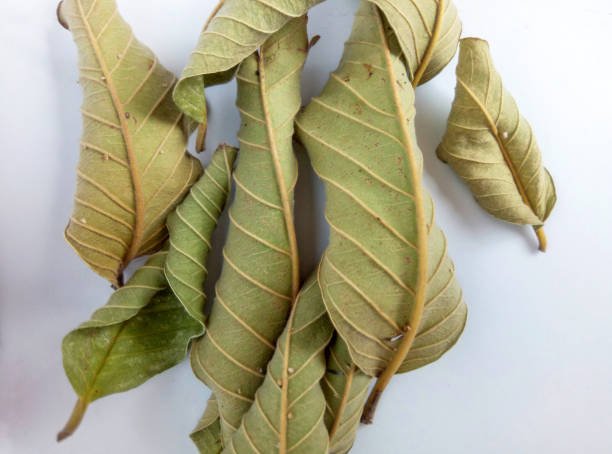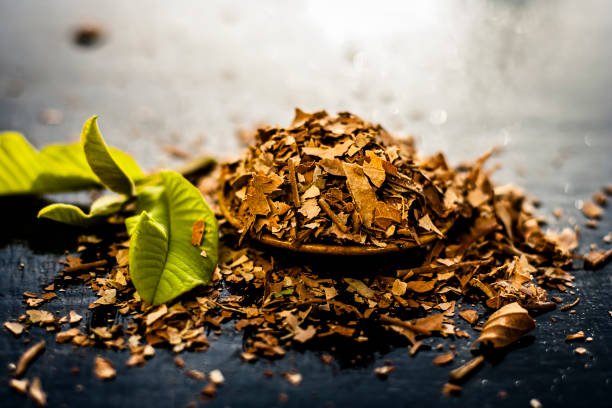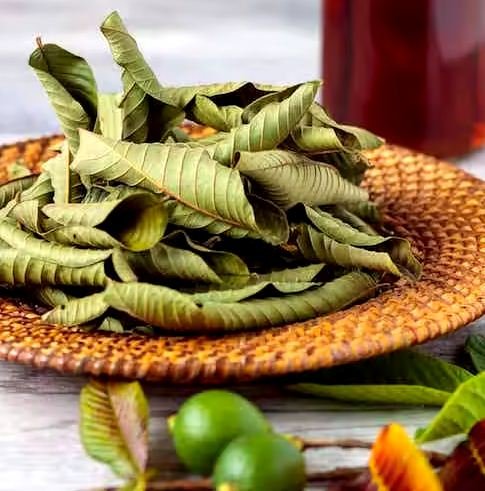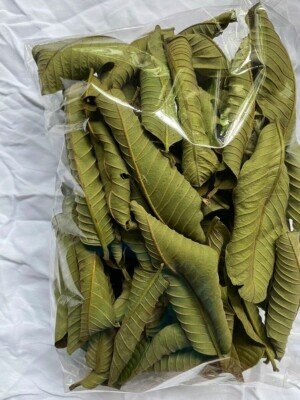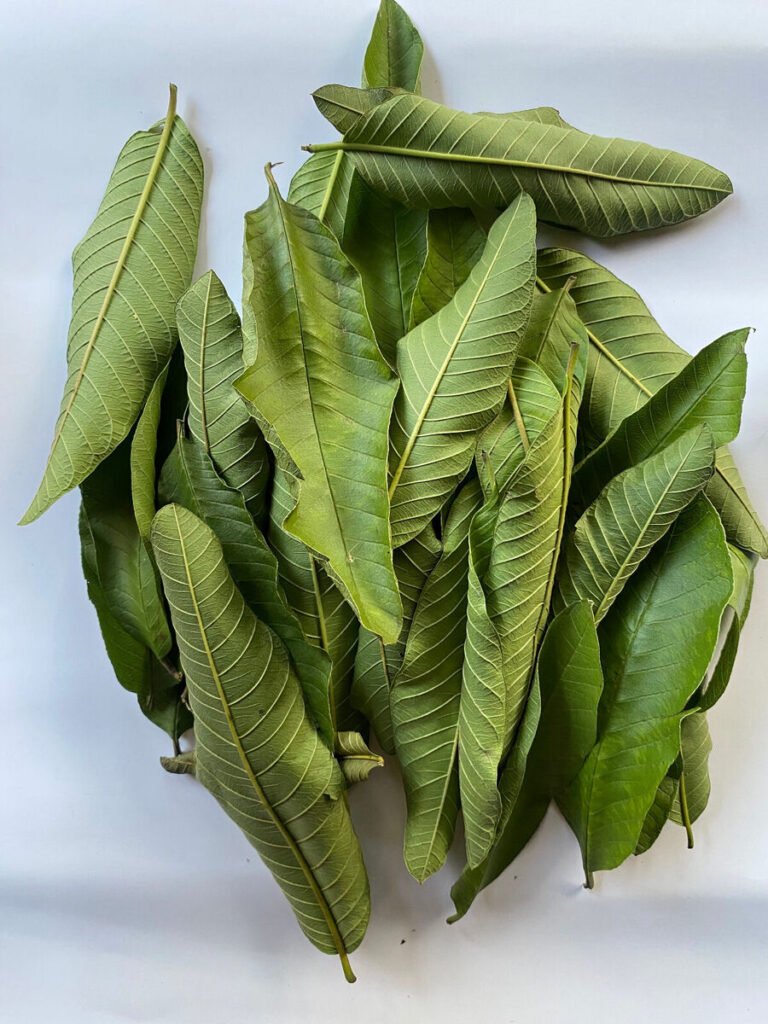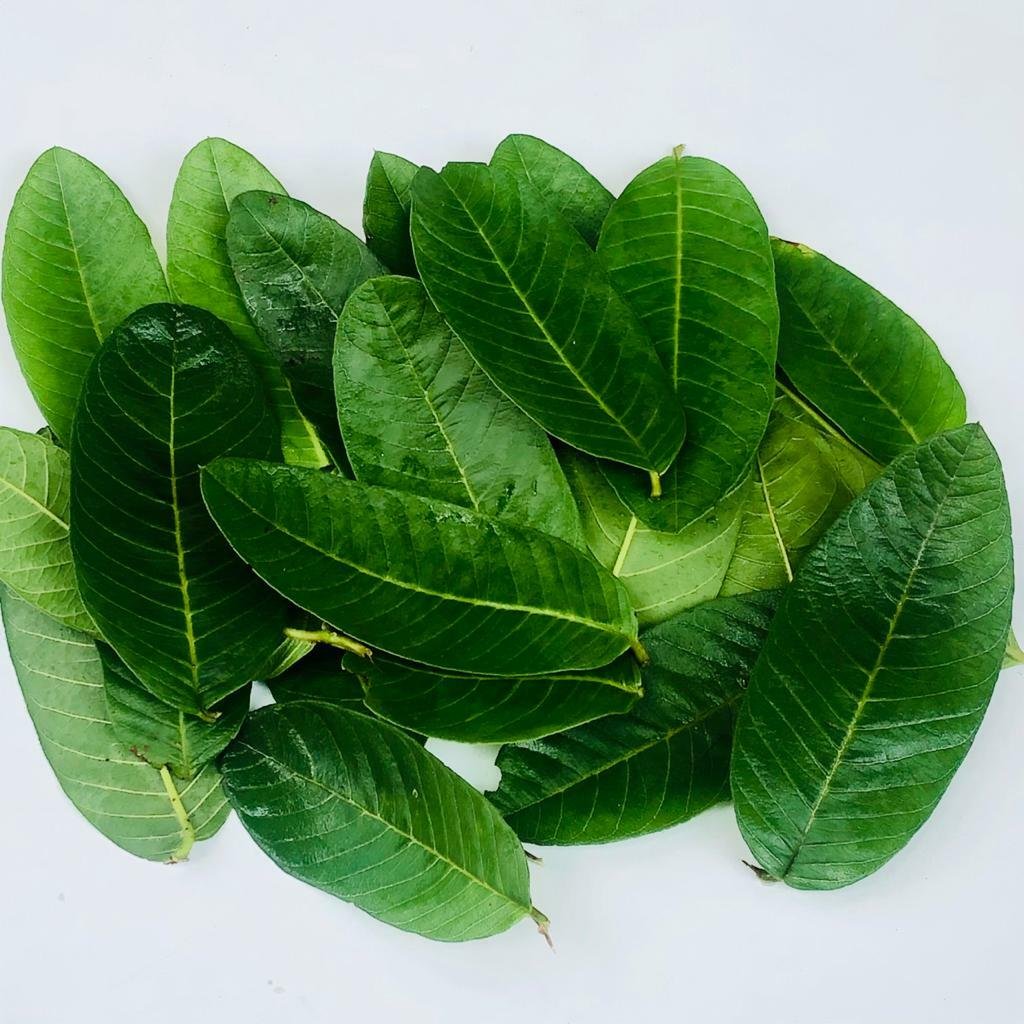Export Information on Guava Leaves (Egyptian Origin)
1. Product Name
Guava Leaves
Scientific Name: Psidium guajava
Common Names: Guava Tree Leaves
2. Description
Guava leaves are harvested from the Psidium guajava tree, a tropical plant native to Central and South America but widely cultivated in Egypt due to its adaptability to warm climates. The leaves are rich in bioactive compounds such as flavonoids, tannins, and essential oils, making them highly valued for their medicinal and health-promoting properties. They are commonly used in teas, herbal infusions, and dietary supplements.
Appearance : Dark green, elongated oval-shaped leaves with a smooth or slightly serrated edge.
Texture : Dried leaves are brittle and lightweight.
Odor : Mild, earthy, and herbal aroma with subtle fruity undertones.
Taste : Slightly bitter with a mild astringency when brewed.
Moisture Content : Typically ≤ 10% to ensure preservation.
Phytochemicals : Rich in flavonoids (quercetin, kaempferol), tannins, and polyphenols.
Essential Oils : Contains small amounts of essential oils, including β-caryophyllene and α-pinene.
pH Level : Approximately 5.0–6.0 (slightly acidic).
Ash Content : ~8–12%.
Soluble Compounds : High in antioxidants, particularly vitamin C and polyphenolic acids.
5. Nutritional Information (Per 100 g)
Calories : ~35 kcal
Protein : 3.0 g
Fat : 0.5 g
Carbohydrates : 7.0 g
Dietary Fiber : 15.0 g
Vitamins :
Vitamin C: ~200 mg
Vitamin A: Trace amounts
Minerals :
Calcium: ~180 mg
Iron: ~2.5 mg
Magnesium: ~20 mg
Potassium: ~400 mg
Color : Uniform dark green, free from discoloration or browning.
Foreign Matter : ≤ 0.5% (no visible stems, seeds, or contaminants).
Particle Size : Whole leaves or cut/sifted pieces as per buyer specifications.
Purity : Free from adulterants, artificial additives, or chemical residues.
Organoleptic Properties : Fresh, herbal aroma; no off-flavors or odors.
Compliance with Local and European Specifications According to Food Safety
7. Microbiological Standards
Total Plate Count (TPC) : ≤ 10,000 CFU/g
Yeast and Mold : ≤ 100 CFU/g
Coliforms : Absent in 1 g
E. coli : Absent in 1 g
Salmonella : Absent in 25 g
Aflatoxins : ≤ 4 ppb (as per EU standards).
8. Storage
Temperature : Store in a cool, dry place (≤ 25°C).
Humidity : Relative humidity should be ≤ 60% to prevent moisture absorption.
The packaging is in polypropylene bags, cardboard boxes, or as per customer request.
9. Shelf Life
Unopened Packaging : Up to 24 months under recommended storage conditions.
Opened Packaging : Consume within 6 months for optimal quality.
10. Applications
Culinary Uses :
Brewed into herbal teas for a refreshing and healthful drink.
Used as a natural flavoring agent in beverages and soups.
Rich in antioxidants, which help combat oxidative stress and inflammation.
Supports blood sugar regulation and improves insulin sensitivity.
Promotes digestive health due to its high fiber content and antimicrobial properties.
Used in traditional medicine to treat diarrhea, dysentery, and skin conditions.
Cosmetic Uses :
Extracts incorporated into skincare products for their anti-inflammatory and antibacterial properties.
Industrial Uses :
Used in the production of herbal supplements and nutraceuticals.
11. Origin
Country of Origin : Egypt
Egypt is an ideal location for cultivating guava trees due to its warm climate and fertile soil.
Egyptian guava leaves are known for their high quality, vibrant color, and potent bioactive compounds.
Contact information:
